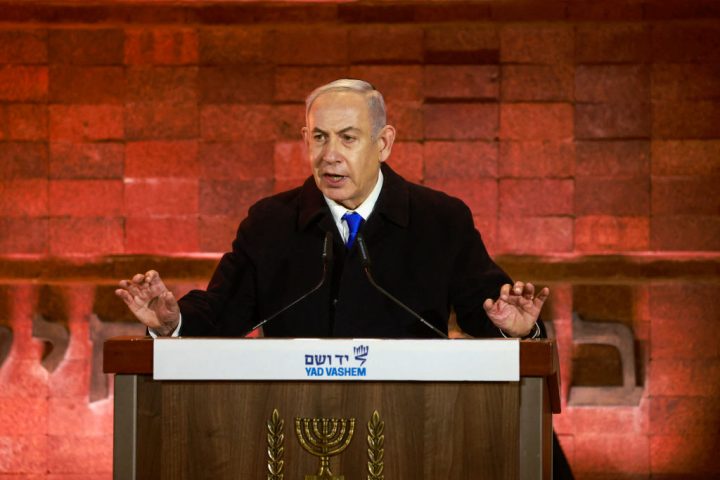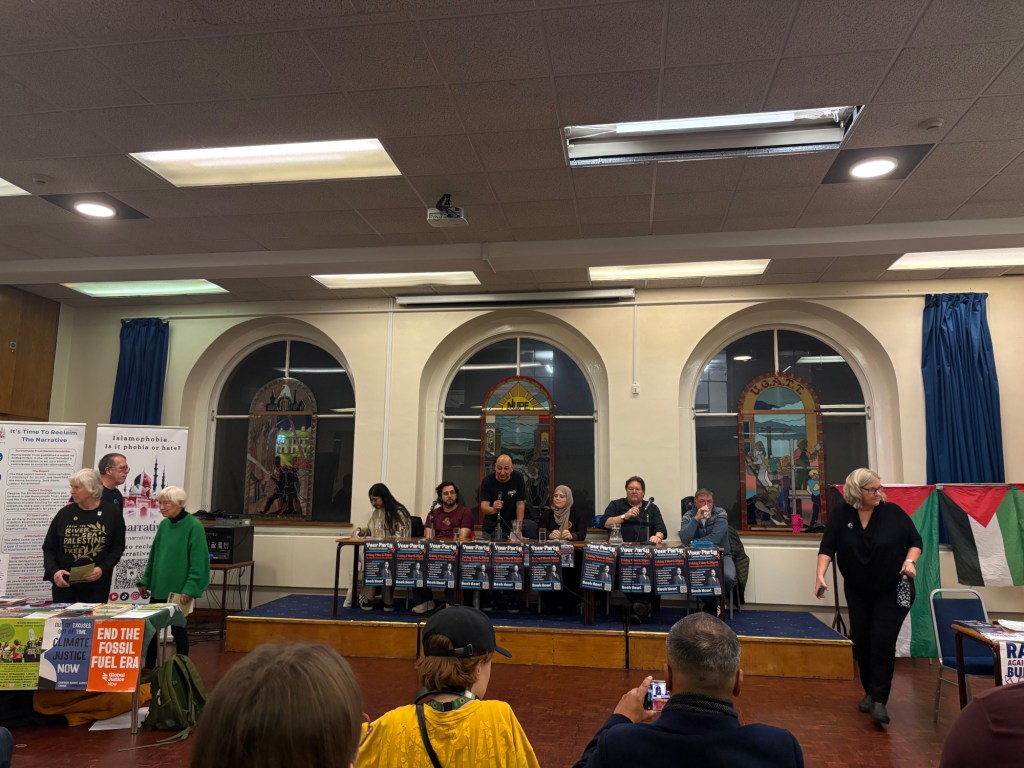The International Court of Justice (ICJ) ruling that Israel has to immediately stop the Rafah operation wouldn’t have surprised anyone who knows how deeply biased the ICJ is against Israel.
In response to a request by South Africa, the court ruled that Israel must ‘immediately halt its military offensive, and any other action in the Rafah Governorate, which may inflict on the Palestinian group in Gaza conditions of life that could bring about its physical destruction in whole or in part.’ It stopped short of granting South Africa’s request for the war to stop altogether.
The wording could imply, however, that as long as Israel’s actions in Rafah don’t amount to creating conditions for genocide and if Israel continues to take measures to make sure that humanitarian conditions don’t worsen, the fighting could carry on. Since Israel has taken measures to reduce harm to civilians and has met other obligations under the Genocide Convention, it may be able to argue that it’s in compliance with the ruling.
Israeli politicians criticised and rejected the decision
What the ICJ didn’t say is more telling than what it did, exposing its lack of impartiality. When mentioning the ‘catastrophic humanitarian situation in Gaza’, the court ignored Hamas’s role in exacerbating conditions; by seizing humanitarian aid, rejecting ceasefire deals, using civilians as human shields, and indeed – by launching the attack that started the war. Blaming the conditions entirely on Israel while ignoring the role of Hamas is telling of the ideological bias behind the court’s ruling.
There was also no mention of Israel’s right to defend itself from terrorists intending to commit a genocide against Jews in Israel, or of the harsh conditions the war has inflicted on the hundreds of thousands of Israeli civilians that have spent the last seven months living as refugees, having had to evacuate from the villages burned and bombed by Hamas near Gaza and from towns bordering Lebanon that have been under constant attacks by Hezbollah.
Before the court’s ruling, Israeli officials announced that Israel won’t comply with a ruling to stop the fighting. Today, Israeli politicians criticised and rejected the decision. Former PM Naftali Bennett wrote on X that the ICJ ‘just provided every terror organisation on earth with the perfect method to get away with murder’. Former PM Yair Lapid, leader of the opposition, said the ruling exhibits ‘moral collapse and moral disaster.’ National security minister Itamar Ben-Gvir called the court ‘anti-Semitic.’
ICJ rulings are binding. If the ICJ determines that Israel hasn’t obeyed by the ruling, the matter will pass onto the UN Security Council, where, in theory, the US could veto it. The problem for Israel is that the Americans have voiced their reservations about an operation in Rafah in the weeks leading up to the offensive. It remains to be seen whether, despite their criticism, their commitment to Israel’s security and right to defend itself, and their criticism of the ICJ and the UN, will mean they’ll veto the decision. If there’s not a veto, the Security Council could take measures against Israel, including inflicting sanctions. Countries that support Israel may also choose to obey by the ruling, even if they disagree with it, and withdraw vital support.
Since December, South Africa relentlessly tried to argue that Israel acts with intension to commit genocide, but it hasn’t had the evidence to prove it – primarily because this isn’t what Israel intends to do. Indeed, the court has concluded that it doesn’t have enough evidence to rule in favour of South Africa, which was a blow to those accusing Israel of genocide. Biden’s White House refereed to South Africa’s claims at the ICJ as ‘meritless, counterproductive, and completely without any basis in fact whatsoever’. The ICJ still doesn’t have evidence to back up accusations of genocide.
The ruling stands to further isolate Israel and increase criticism against it. Israelis in the north live under deadly attacks by Hezbollah. The memory of Iran’s massive attack is still fresh. The nation is still burying Israelis killed by Hamas on 7 October. The country looks in disbelief as the ICJ’s one-sided ruling tells Israelis that they cannot defend themselves, and instead validates those who seek to annihilate Israel.







Comments